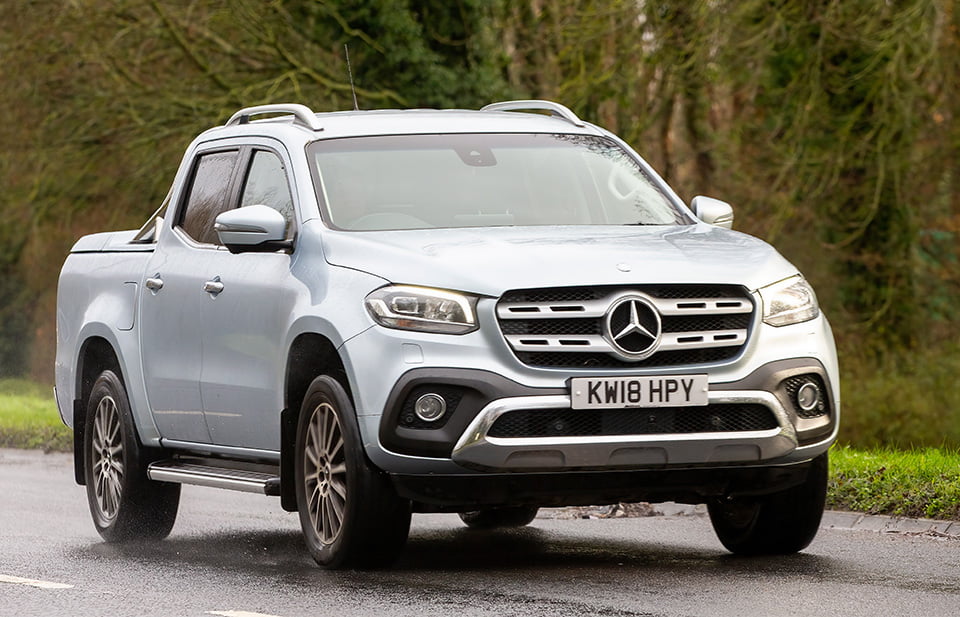The PM+M tax team are regularly asked whether a van that carries passengers could be classed as a car for benefit in kind (BIK) purposes.
Currently, HMRC interprets the legislation that defines a car and van for tax purposes in line with the definitions used for VAT purposes which are based on payload, i.e., anything under one tonne is classified as a car, and anything a tonne and over classified as a van. This rule was replicated as a pragmatic way of resolving the matter.
However, HMRC have recently announced that, from 1 July 2024, they will no longer use this classification method.
Going forward, classification of double cab pickups will be determined by assessing the vehicle as a whole at the point that it is made available to determine whether the vehicle construction has a primary suitability of conveying passengers or goods, as per the two-part test used to determine the van or car.
From 1 July 2024, most if not all, double cab pickups will be classified as cars when calculating the benefit charge. This is because, typically, these vehicles are equally suited to convey passengers and goods and have no predominant suitability.
Transitional arrangements
Where a vehicle is purchased prior to 1 July 2024, the tax remains unchanged until the earlier of the expiry of the lease or 5 April 2028.
Transitional arrangements will apply for employers that have purchased, leased, or ordered a double cab pickup before 1 July 2024, whereby they will be able to rely upon the previous treatment until the earlier of disposal, lease expiry, or 5 April 2028.
Where, for example, an order for a double cab pickup has been made on 5 January 2024, but this was not available to the employer until 2 September 2024, as the agreement was entered into before 1 July 2024, the previous rules continue to apply for the employer until the earlier of disposal, lease expiry, or 5 April 2028.
Capital allowances
For expenditure incurred before 1 July 2024 a double cab pick-up, with a payload of one tonne or more, will continue to be treated as a van until the earlier of disposal lease expiry, or 5 April 2028.
For expenditure incurred on or after 1 July 2024 HMRC will no longer interpret the legislation that defines a car for capital allowances purposes as excluding double cab pick-ups with a payload of one tonne or more. Therefore ,the valuable annual investment allowance will not be available when the van is purchased and allowance’s will be restricted to the lower rates available for cars.
Transitional arrangements will apply when an amount of expenditure is incurred on a double cab pick-up as a result of a contract entered into before 1 July 2024 and the expenditure is incurred on or after that date but before 1 January 2025. In these circumstances a double cab pick-up with a payload of one tonne or more will continue not to be treated as a car.
Get in touch
If you have any questions about double pickups and the updated guidance released from HMRC, please do not hesitate to get in touch by emailing at enquiries@pmm.co.uk.



